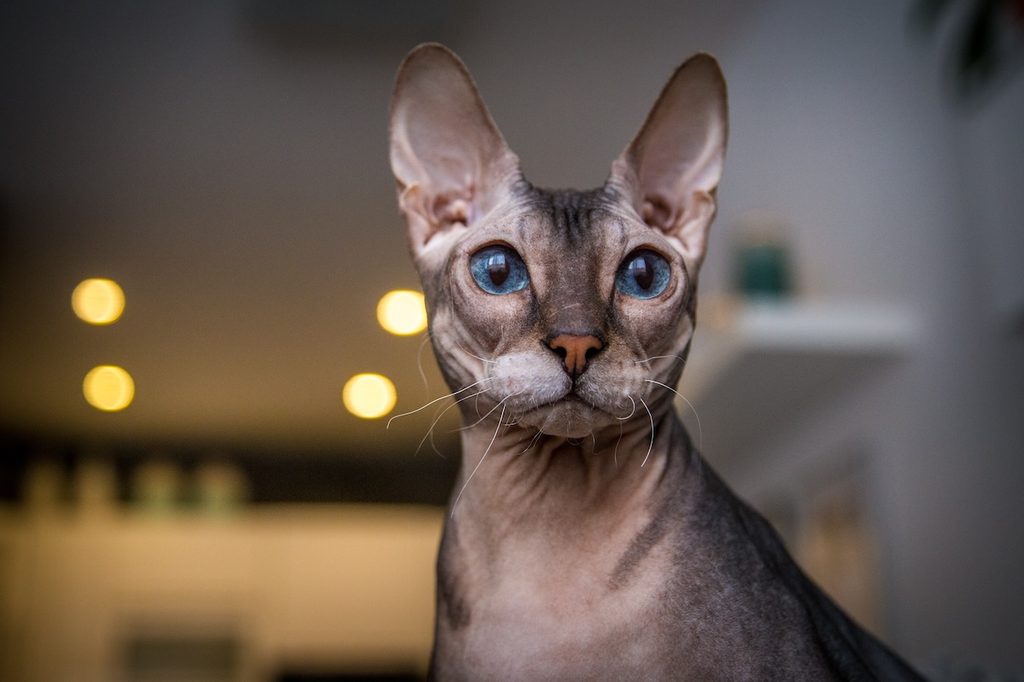
Cat lovers unite around their collective adoration of felines, but they’re also divided along a few issues. One that often pops up is hairless cats. These slinky pets bring with them a few extra health challenges, and contrary to popular opinion, they don’t suit allergic families! Hairless cats will make you sneeze just as much as others since the allergens don’t actually come from the fur itself.
Still, many people love their hair-free beasties and they can make great pets, albeit slightly expensive ones. That’s right, hairless cats will set you back more than many other varieties. So, how much are hairless cats? We’ll break down the costs for you.
What is a hairless cat?
The lack of hair actually comes from a genetic mutation and isn’t necessarily indicative of one specific breed. Hairless cat breeds include the Sphynx, Bambino, and the Peterbald. Because of their lack of hair, they require some special care, which adds to the costs that you incur when you buy one from a breeder.
The most important thing to remember is that your pet’s skin is very sensitive, just like yours. That means they’ll need sunscreen, sweaters, and regular baths. If this marks your first time dipping your toe into the hairless cat world, you may want to discuss further with your vet to ensure you meet their care needs.
How much are hairless cats?
Let’s start with the upfront costs. Luckily, hairless kitties generally use all the same accouterments as standard cats, meaning you’ll want a litter box, bed, and toys as with any furry friend. However, prepare to pay more to bring them home than you would otherwise.
Hairless cats generally have to come from a breeder as you’re less likely to find them from a rescue, though it does happen sometimes. Expect to pay up to $3,000 for your new buddy and sometimes even more for very rare finds. On top of those costs, you’ll want to budget for grooming or learn how to do it yourself. It varies from cat to cat, but you’ll probably wash your sweet pet weekly. Make sure you have the correct shampoo, and don’t forget the sunscreen if they spend any time outside or near a window. Lastly, felines with no fur will need a sweater in colder months and often double blankets to compensate for not having that layer.
Owning a hairless cat won’t cost a lot more than your average mouser, but they’ll likely cost a bit more upfront and require some extra dollars for shampoos and clothes. The good news is that most of these animals have few overall health problems. Provided they get the right care, they live a long time. So, you should consider your hairless baby a good investment.



